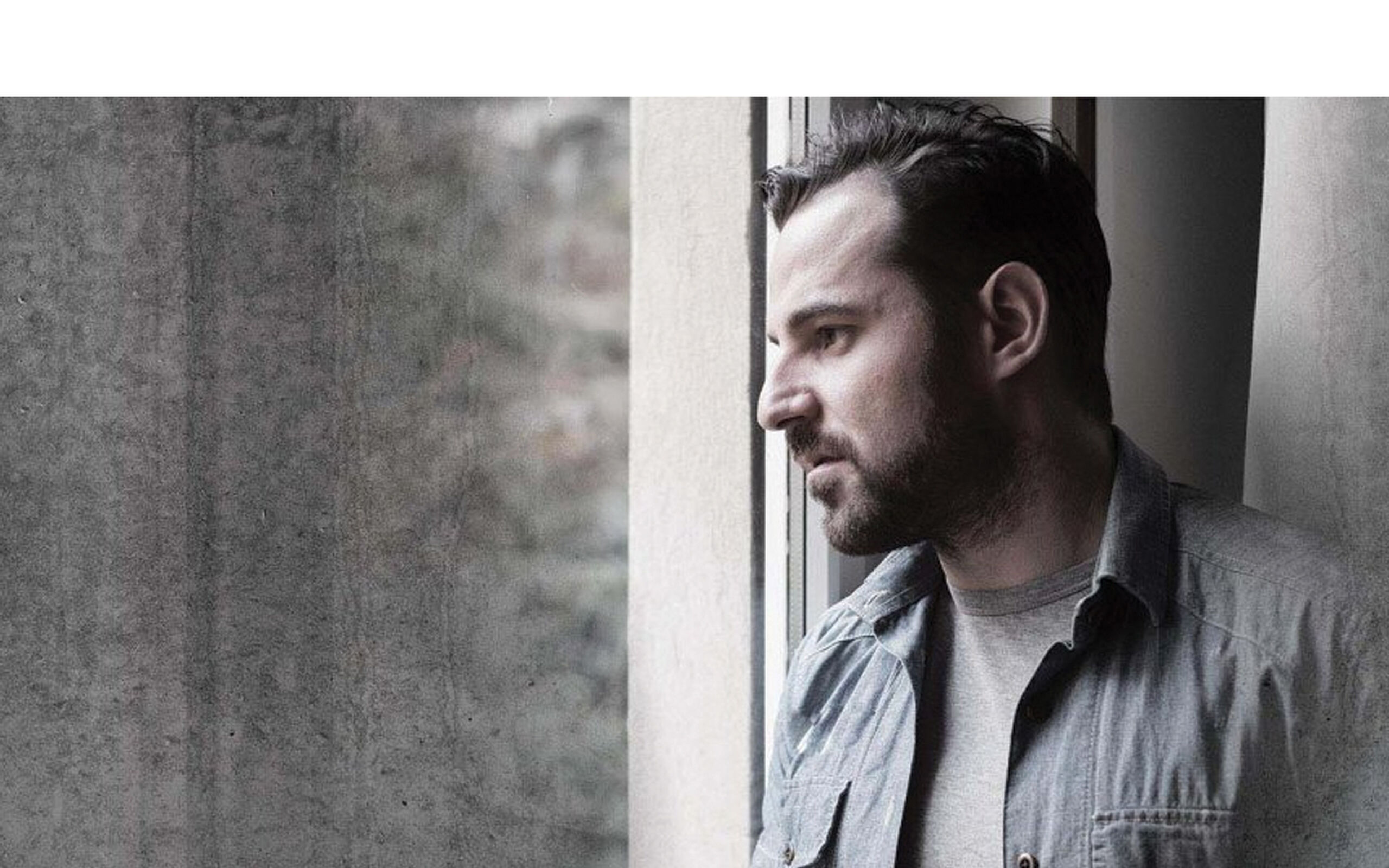When You're Living in Poverty you're in Survival Mode
Making the right and smart decision on JobSeeker means supporting the livelihood of all Australians
Scroll to Explore

We’re not out of the woods yet. It’s been nearly a year since the COVID-19 pandemic first hit Aussie soil, and we are still seeing the impacts, not just from a health perspective, but from a position of unprecedented socio-economic change.
Australia's economy has plunged into its first recession in nearly 30 years as it suffers major fiscal damages from the pandemic. Simultaneously, the ramifications of COVID-19 have shown evidence to suggest that people are suffering from mental health issues at disproportionate levels, and dealing with higher rates of anxiety and depression.
According to the Australian Institute of Health and Welfare, the use of Medicare subsidised mental health services was 12.5% higher in the 4 weeks from 10th August to 6th September 2020 than in the equivalent period in 2019. Likewise, an ANU poll found that increased loneliness and job loss were key contributing factors for those with higher levels of psychological distress.
By April this year, it’s estimated that around 1 million Australians will be living on JobSeeker, the majority unemployed due to the fallout from COVID-19. While the Government’s move to increase JobSeeker at the beginning of the pandemic was a welcomed response to the physical and emotional toll experienced by many, the decision to drop payments back to a mere $40 a day, and potentially cease the coronavirus supplement altogether, would be detrimental to the livelihood of Australians.
BaptistCare, among many organisations, politicians, and business leaders, stand in support of increasing the current JobSeeker allowance – not just as a temporary fix but as a permanent solution for those in need.
Through our work at our HopeStreet locations across NSW and the ACT, we’ve seen firsthand the struggles of people living below the poverty line. But we’ve also seen what additional support can do. When we equip people to afford the essentials, and to live with dignity, we empower them to see and reach towards their full potential.
There is no quick fix to issues such as long-term employment, or financial stability, however the best place to start is for the Government to enable people to live above the poverty line.
When the coronavirus supplement came into effect and we saw an increase in Government support, we also saw an increase of morale, which gave people dignity, choice, and a greater sense of control over their future. Winding this back will hurt people, and it isn’t the right thing to do for families, the community, and our economy.
This month the Business Council of Australia and top economists, such as Reserve Bank of Australia governor Philip Lowe, recommended a permanent increase because they recognise the move to be good for the economy, and a powerful measure in overcoming the current recession.
However, the sad reality is that this was barely even a discussion before the pandemic began because of class structures in Australia and stigma around government benefits. We claim a ‘fair go’ as one of our national values and yet many Australians fail to recognise their own privilege; the choices that were afforded them that weren’t an option for others, or even the support systems they have had to help them overcome challenges.
Is it even possible for someone to simply overcome their disadvantage with ‘hard work’? And why has it taken a global pandemic for us to see that?
At HopeStreet, we encounter people like you and I who struggle with feelings of fear and shame because they access support services like food hampers, a free meal, or counselling. Not only is it extremely disheartening for us to hear, but it’s the absolute opposite of ‘a fair go’. And these class divides will only widen if we don’t resolve this stigma.
It’s a dangerous assertion that the current supplement allows those receiving JobSeeker payments to live in luxury. It simply relieves some of the pressure and allows people to afford the basics – sometimes not even those. We know many families, are cutting back on meals and pantry items, often going without to ensure their children are fed first.
Come 31st March, if the payments are returned to previous levels, frontline agencies will be left to deal with the fallout. The strain on the sector will be unsustainable as service providers are met with heightened demand to help people with the basic needs of life, let alone the support and space to overcome mental health challenges or trauma that come with these living situations.
When you’re living in poverty you’re in survival mode. It doesn’t give you a lot of room emotionally, or mentally, to think about your future or prospects such as training and finding a job.
And whilst our support services allow us to help bring people up to the poverty line, a permanent increase of JobSeeker would see us able to move forward with clients, where they have both the emotional capacity and the physical resources to focus on the future.
So, what’s next? We need to make noise. Join the Raise The Rate campaign at RaiseTheRate.org.au, call or write letters to your local MPs, or simply have a conversation with someone who has differing opinions about JobSeeker than you. Without advocating for real change, our economy, our country and our people will lack the resources needed to truly start recovering from the COVID-19 crisis. For us, it’s clear what needs to happen, and providing people the means to live above the poverty line is the first step.